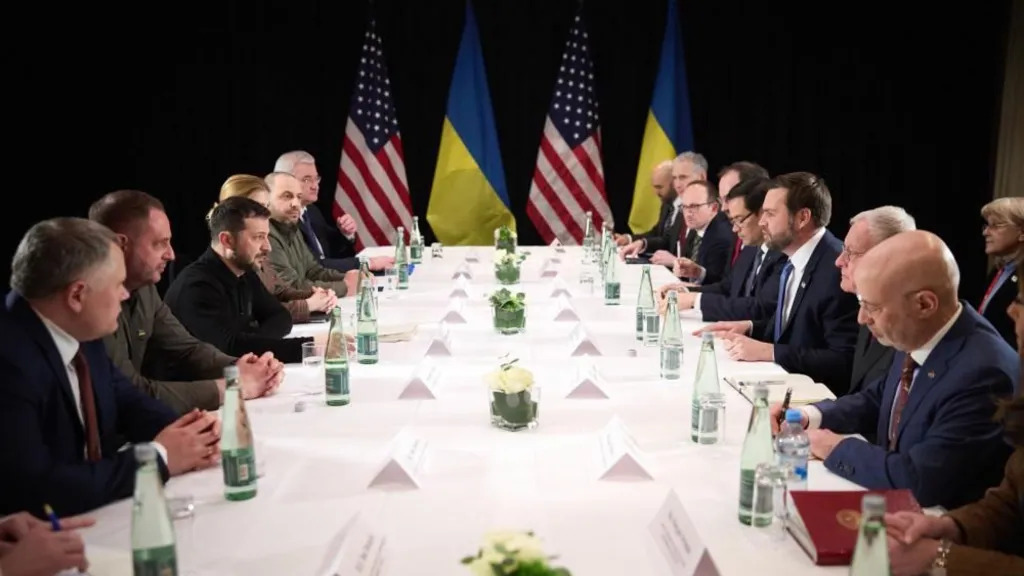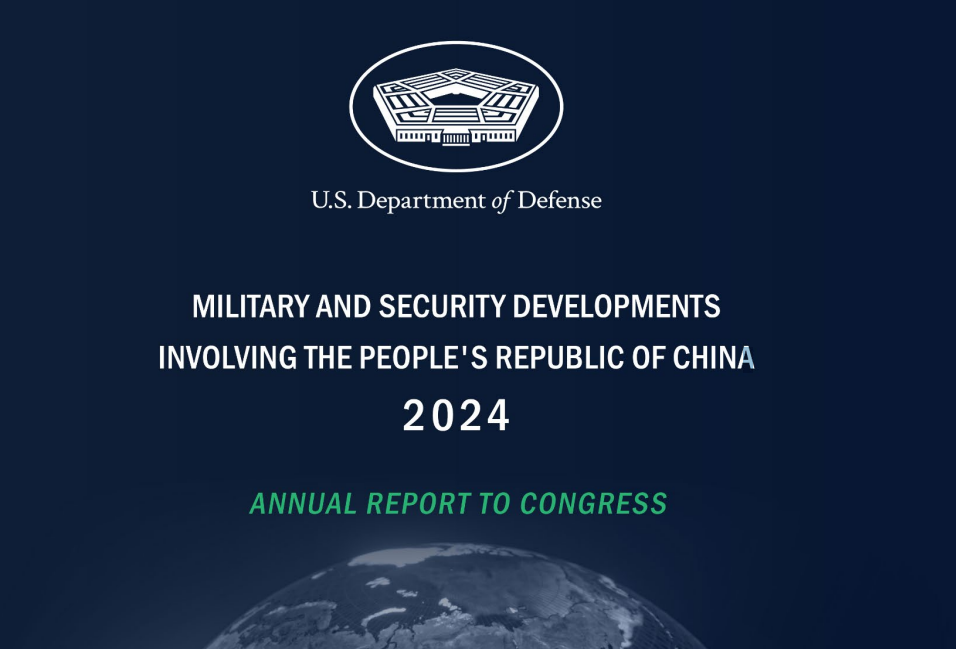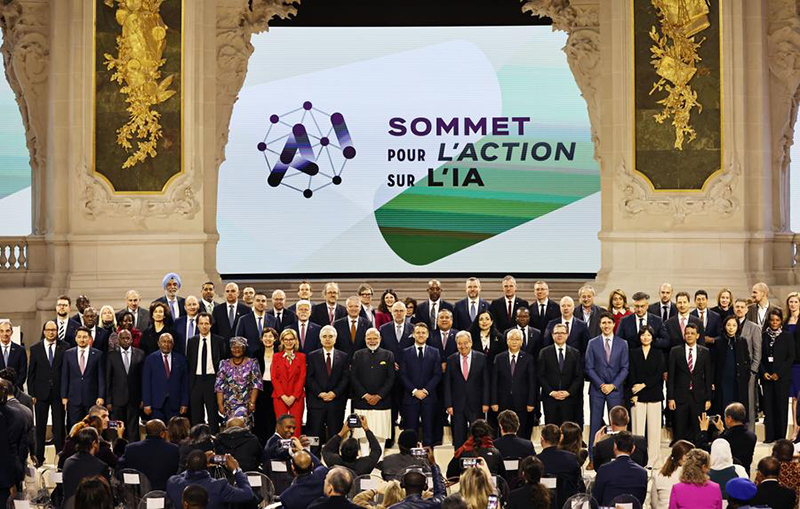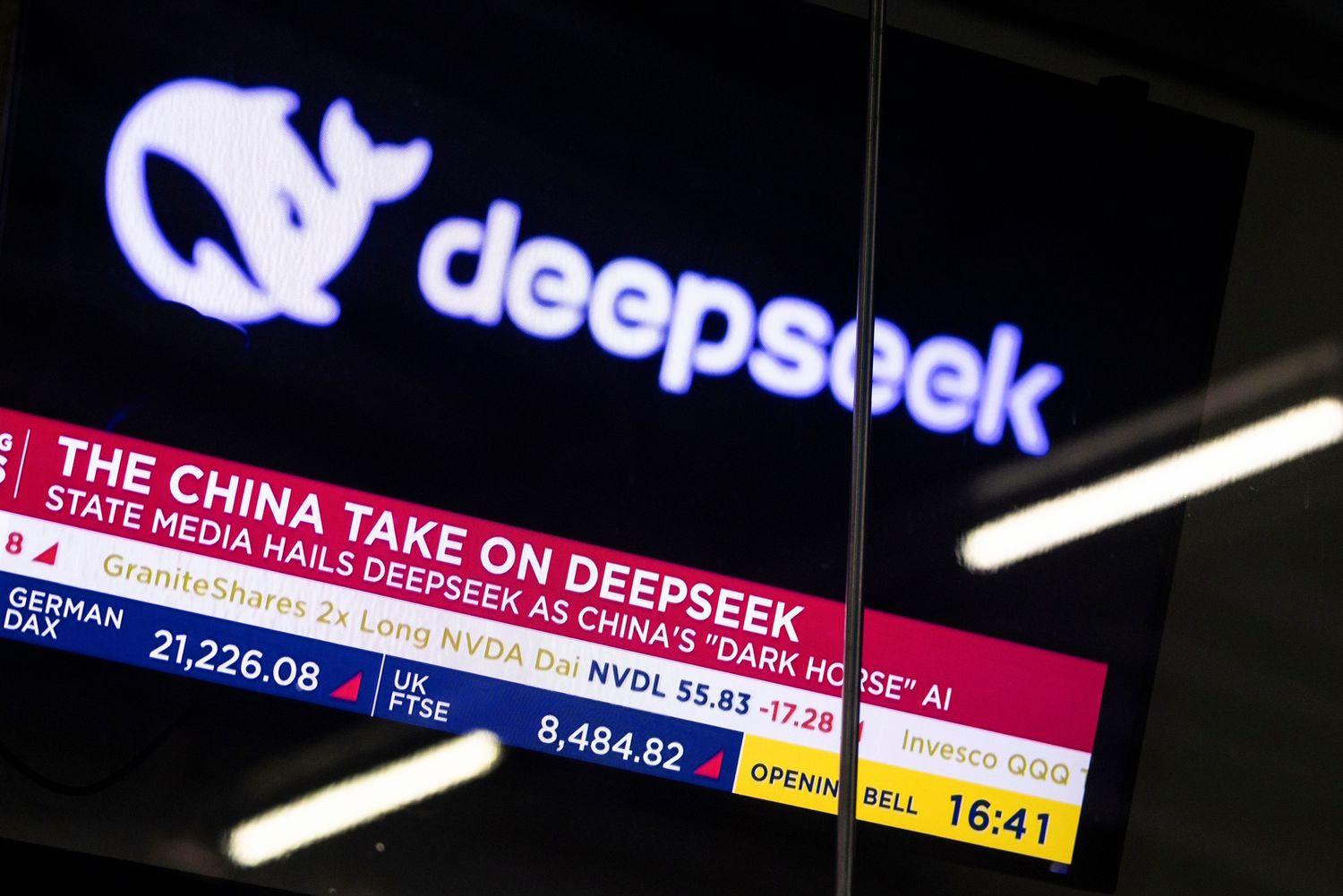
An Gang, Adjunct Fellow, Center for International Security and Strategy, Tsinghua University
Feb 25, 2025
If Europe fails to awaken and respond to its humiliating rejection by the United States, it will lose not only its seat at the table for Ukraine-Russia peace talks but also its status as a leading player in the future multipolar world.

Jianyin Roachell, Transatlantic Digital Debate Fellow and Research Associate at Max Planck Institute of Geoanthropology
Feb 21, 2025
The rapidly growing AI industry was rocked last month with the launch of DeepSeek, an open-source, Chinese-developed competitor to OpenAI’s products. The introduction of a valid competitor to American dominance in AI will lead to many questions in 2025 on how the U.S. will respond.

Richard Weitz, Senior Fellow, Hudson Institute
Feb 21, 2025
U.S. Defense Secretary Pete Hegseth urged NATO to take greater responsibility for European security as the U.S. shifts focus to deterring China. The Trump administration’s reassessment of global deployments could foreshadow a strategic pivot, but uncertainties remain over China’s military trajectory and the effectiveness of U.S. policy responses.

Sun Chenghao, Fellow, Center for International Security and Strategy of Tsinghua University; Munich Young Leader 2025
Feb 20, 2025
European delegates to security conference, reacting to a disturbing speech by U.S. Vice President JD Vance, say privately that it’s clear the continent must gradually break with the United States. The reduction of America’s strategic investment in Europe is accelerating Europe’s search for autonomy in an increasingly multipolar world.
Niu Xinchun, Professor, China-Arab Research Institute, Ningxia University
Feb 20, 2025
The Israelis have two primary war objectives: the complete elimination of Hamas and the rescue of all hostages. But these goals are inherently contradictory and cannot be pursued at the same time. Israel is thus faced with a difficult choice about which to prioritize.

Xiao Qian, Deputy Director, Center for International Security and Strategy at Tsinghua University
Feb 20, 2025
Ukraine crisis lingers as the transatlantic alliance faces an uncertain future. Meanwhile, the international order is undergoing a profound restructuring as the sand shifts under traditional commitments by the United States and as Europe seeks greater autonomy.

Fu Ying, Founding Chair of Center for International Security and Strategy, Tsinghua University; China's former Vice Minister of Foreign Affairs
Feb 17, 2025
The Paris AI Action Summit was held on February 10 and 11. AI experts, policymakers and industry leaders from various countries gathered to engage in in-depth discussions about opportunities and challenges in AI development and governance. Chinese scholars led by former Chinese vice-foreign minister Fu Ying attended the Paris AI Summit. Below are the main points in Fu Ying’s Remarks on AI Safety and Governance at the Paris AI Summit.
Fan Gaoyue, Guest Professor at Sichuan University, Former Chief Specialist at PLA Academy of Military Science
Feb 14, 2025
Any lasting solution to the conflict will require consultation with all parties concerned and will be much more complex and difficult than simply putting forth hypothetical scenarios.

Yu Xiang, Senior Fellow, China Construction Bank Research Institute
Feb 14, 2025
The rapid rise of DeepSeek sends a clear message to the world: Tech suppression may bring short-term gains, but the resulting frictions will be counterproductive. DeepSeek’s innovations offer a fresh perspective on the future of U.S.-China economic relations by demonstrating that China can stand on its own.
Xiao Bin, Deputy Secretary-general, Center for Shanghai Cooperation Organization Studies, Chinese Association of Social Sciences
Jan 27, 2025
The war is unlikely to end according to the timeline of the incoming U.S. president. Imposing his Ukraine plan on Ukrainian President Volodymyr Zelenskyy could give Russia an opportunity to rearm, thereby raising hurdles for the United States and its NATO allies.